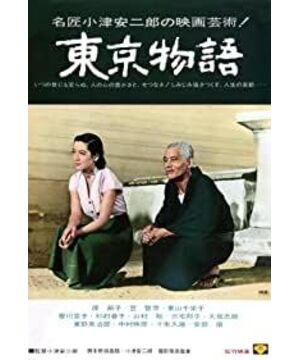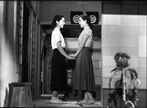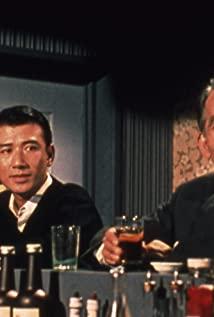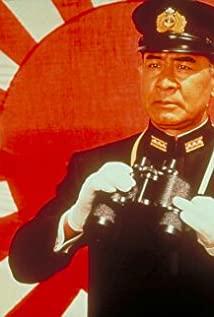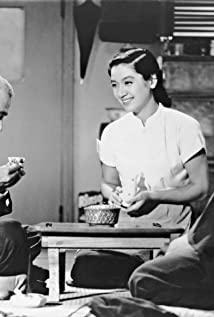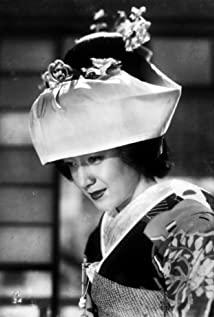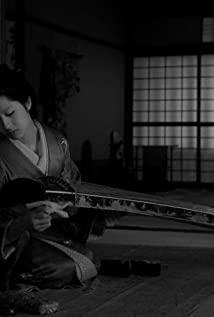It's just that I am a sophisticated person, and I can't help but think about what means of transportation the elderly use to reach the homes of their sons and daughters in different parts of the city in such a big Tokyo; of course, from the small town of Onomichi in Hiroshima to Tokyo, Tokyo to Hot Island, Hot Island back to Tokyo, Tokyo to Osaka, Osaka back to Onomichi. In the 1950s when it was still black and white film, there was no Shinkansen, no intricate subways, everything seemed so far away, so far away that one had to prepare carefully when seeing the children, so far that it was too late to meet the last time when going home. The rare family dinner is always absent. Looking at the geographical locations of Tokyo, Osaka and Hiroshima on the map, the relationship according to the scale is probably the geographical relationship between Beijing, Shijiazhuang and Zhengzhou, Chengdu, Chongqing and Guiyang.
Zhu Tianwen wrote in "Notes of the Wild People": the ancient city of Kamakura. Cherry blossoms are blooming, flower festivals are everywhere, and lanterns are swaying all over the city singing. Where there are people, there are flies, and there are Buddhas. Under the blooming cherry trees, no one is a stranger. Ofuna Studio is here, and several of Ozu's films are shot here. He was never married, and he lived with his mother next to Kita Kamakura Jochi-ji Temple.
Thirty-six years since he was promoted to director's debut, Sword of Confession, and got acquainted with screenwriter Takao Noda, until his last work, The Taste of Saury. The two of them were well-known drinkers, and when they met in the morning, they had to drink first. Countless books, in the long-term tasting, with a line of dialogue between you and me, slowly boiled out, until the end of the drunk. The most common line of dialogue in his films, "Is that so?". Think about the old couple in Tokyo Story, who always use this sentence to answer one by one, not a question, but an agreement, which produces a rhythm, atmosphere, and a state of confusion on the Noh stage.
According to the author, each director only makes one movie in his life. Then Ozu, what he is shooting is marrying his daughter. His first sound film The Only Son, the title of the title says that the first act of the tragedy of life begins with the relationship between parent and child.
After reading Zhu Tianwen's text in a daze, it seems that I understand it, but I should read it several times, but I just planted curiosity about Ozu's story. That's why I watched Tokyo Story half-dream and half-awake. I was haunted by an emotion and wanted to see the sea. Naturally forgetting to call home is like forgetting to finish homework. After making sure that my throat was sounding properly, I called the phone, and it was just a simple repetitive monotony. Revisiting the content of the conversation, deliberately filtering out some information, the unhealed right foot, the hangover headache, the unfinished breakfast. Japan also had an earthquake. I don't know what will happen tomorrow. Even if I don't believe in the rumors of the end of the world, I have to live now. Abnormal sobriety, carefully expand the topic, let time continue, and then end naturally, this is such a relationship, continuation——
View more about Tokyo Story reviews


